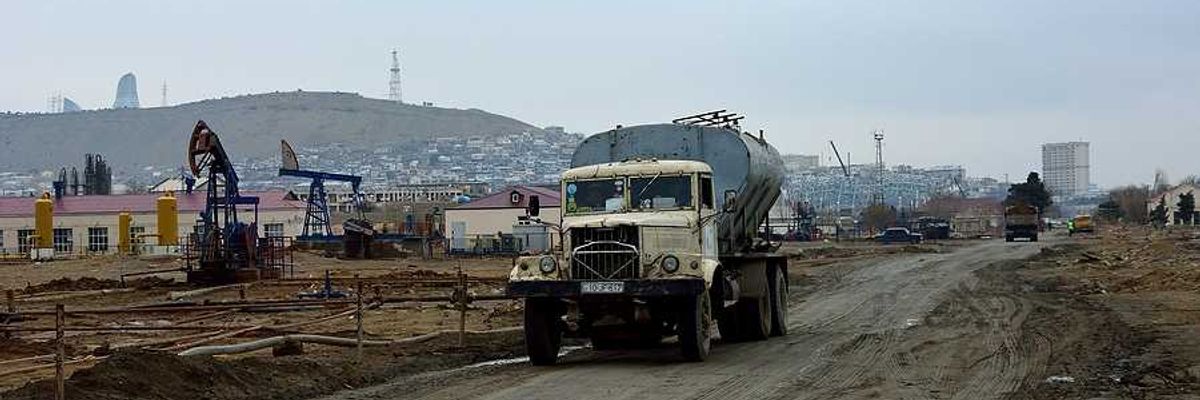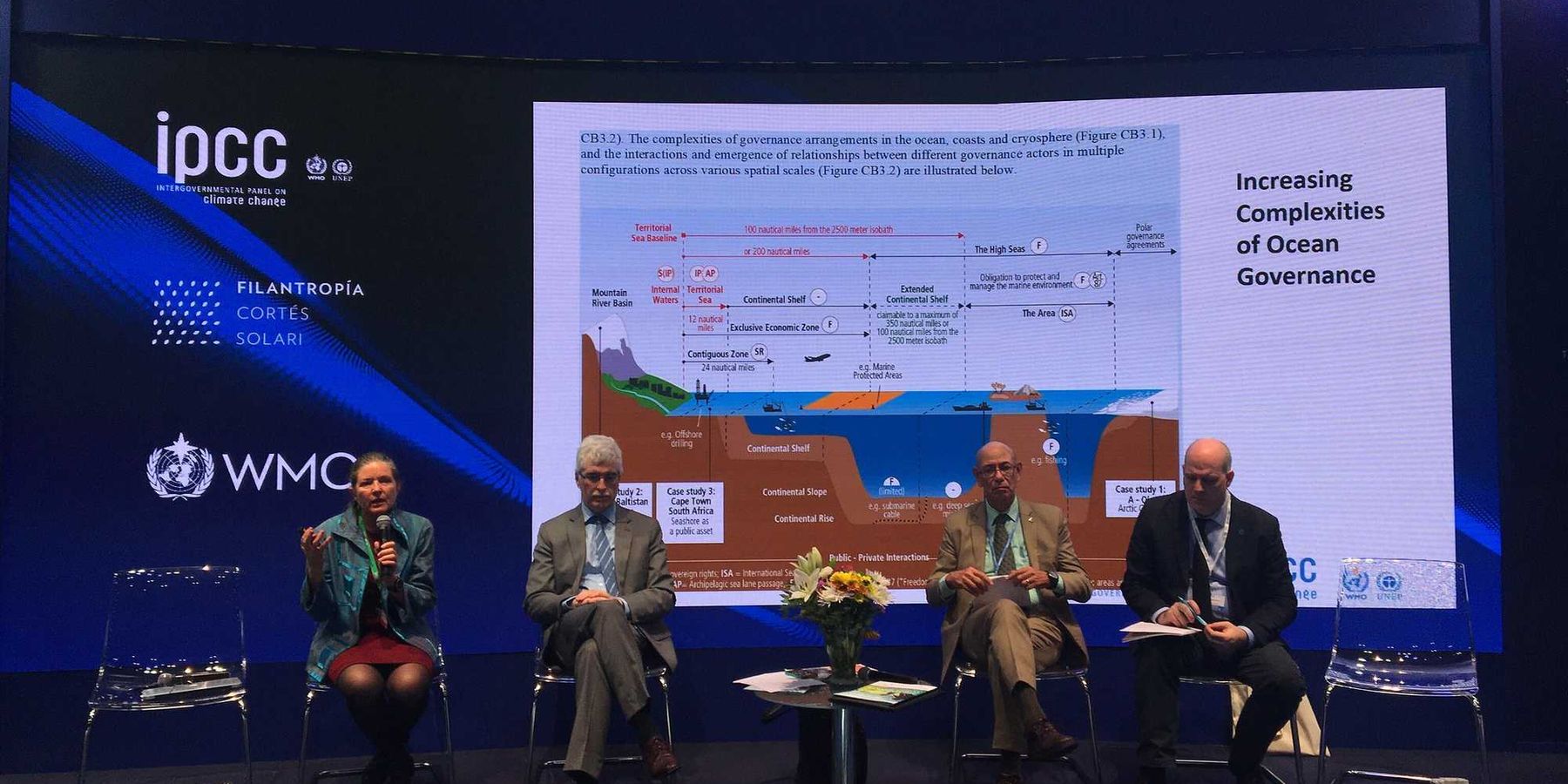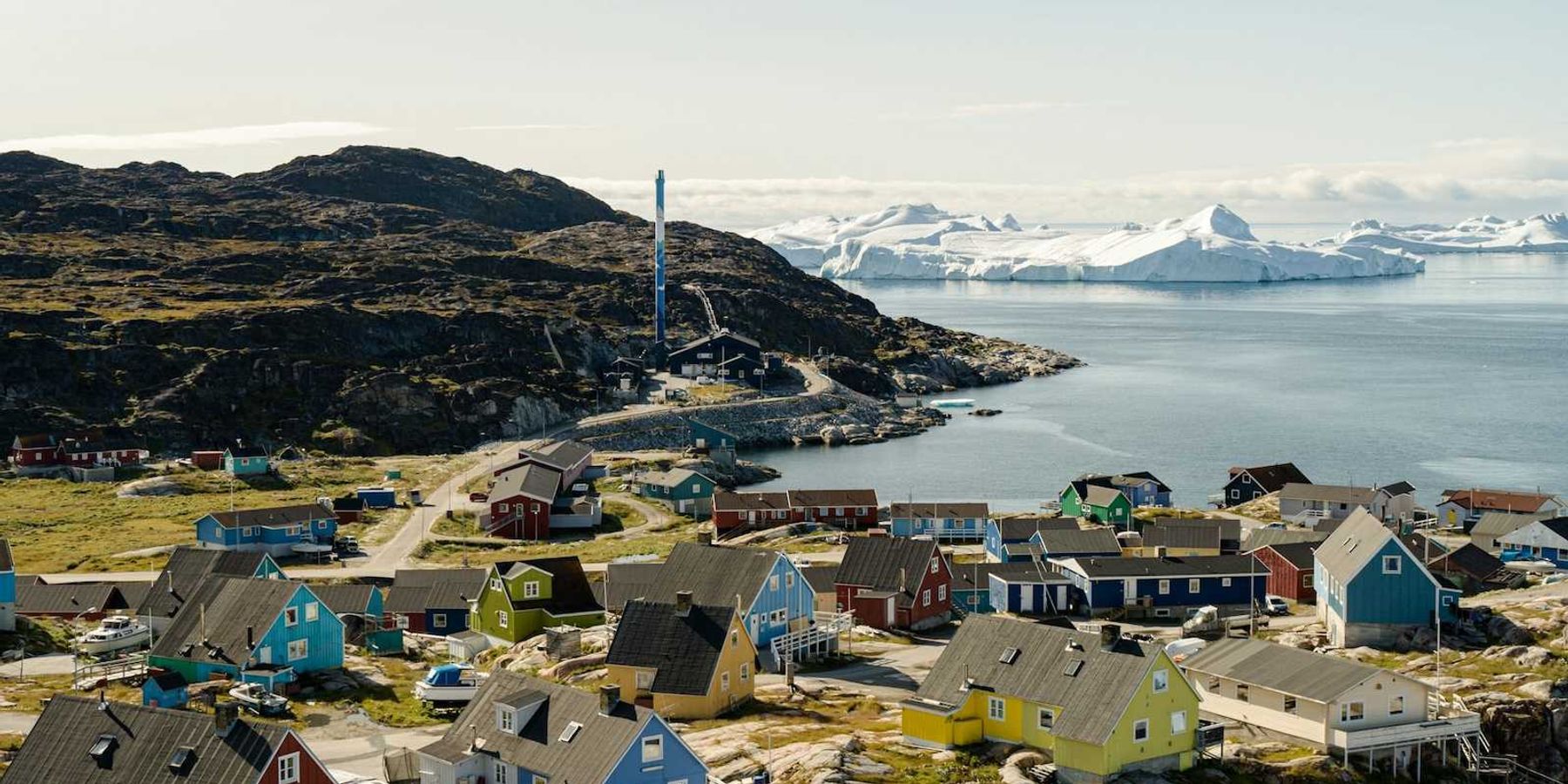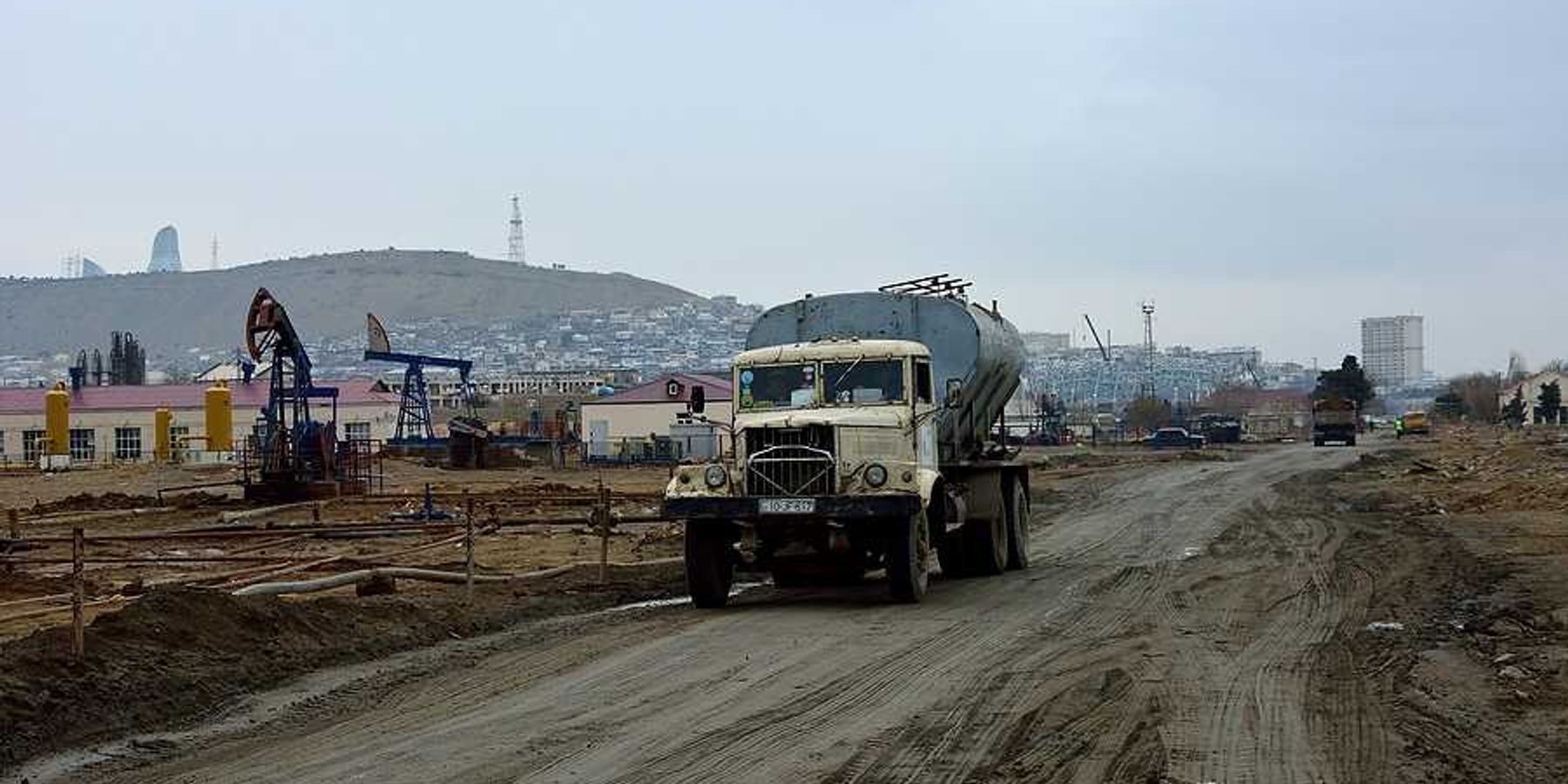united-nations
Climate change exacerbates global hunger crisis
One in 11 people experienced hunger last year, with climate change playing a major role.
In short:
- A United Nations report reveals that climate change and conflict are major drivers of global hunger and food insecurity.
- In 2023, 733 million people went hungry, with significant increases in chronic undernourishment since 2019.
- Extreme weather events and migration due to climate change disrupt food production and supply chains, worsening food insecurity.
Key quote:
“The agrifood system is working under risk and uncertainties, and these risks and uncertainties are being accelerated because of climate [change] and the frequency of climate events.”
— Máximo Torero Cullen, chief economist of the U.N.’s Food and Agriculture Organization
Why this matters:
Global hunger and food insecurity threaten human rights and economic stability, particularly in low-income nations. Without climate action, these issues will worsen, fueling more migration and conflict.
Most citizens in fossil fuel nations favor rapid shift to clean energy
A UN poll reveals that citizens in major fossil fuel-producing countries support a quick transition to clean energy to combat climate change.
In short:
- The UN’s largest climate opinion poll shows a majority in 77 countries want swift clean energy transitions.
- 86% of global respondents favor cooperation on climate change, transcending geopolitical differences.
- Significant support for fast transition seen in China, India, the US, and Saudi Arabia among others.
Key quote:
“There can be no doubt that citizens across the world are saying to their leaders, you have to act and, above all, have to act faster.”
— Achim Steiner, UNDP head
Why this matters:
Public demand for rapid energy transitions emphasizes global awareness and urgency about climate change. Broad support for international cooperation suggests potential for unified climate action, despite rising nationalism and conflicts.
Related EHN coverage:
UN calls for stronger protections for Indigenous rights and against exploitative green projects
A new UN report emphasizes the need for countries to enhance protections for Indigenous peoples and ensure that green energy projects do not exploit their lands.
In short:
- The United Nations Permanent Forum on Indigenous Issues calls for greater respect for Indigenous sovereignty.
- The report highlights the risks of carbon credit schemes and other green projects that can harm Indigenous communities.
- The UN advises international bodies to focus on Indigenous rights, avoid diluting their importance, and support conservation efforts.
Key quote:
“The need for sovereignty for all Indigenous peoples is critical, is paramount, to us literally surviving.”
— Makanalani Gomes, Native Hawaiian activist
Why this matters:
Indigenous communities often face exploitation through climate change mitigation projects that overlook their rights and needs. Ensuring their participation in environmental decision-making is vital for both their survival and the success of global climate efforts.
Related EHN coverage:
Latin Americans turn to human rights court over climate change impacts
Victims from Latin America are addressing the consequences of climate change through a groundbreaking case at the Inter-American Court of Human Rights, which could significantly influence international legal standards.
Anastasia Moloney reports for The Christian Science Monitor.
In short:
- The case involves testimonies from individuals across Latin America, discussing how climate change has directly impacted their lives and rights.
- Legal experts, U.N. agencies, and environmental groups are providing evidence and opinions to support the establishment of state responsibilities regarding climate change.
- Future court sessions in Brazil will further explore the duties of states in protecting human rights amid the climate crisis.
Key quote:
"We’re hoping that the court’s legal opinion is a guide and reference for Mexico, and other states, to develop public policies from a climate justice perspective."
— Nora Cabrera, lawyer and head of Our Future
Why this matters:
The case represents a critical moment for environmental law and human rights, signaling a new avenue for citizens to hold their governments accountable for environmental degradation. The court's decision may set a precedent for climate litigation, enhancing legal frameworks across nations to better address and mitigate the human rights impacts of climate change. This could lead to improved policies that effectively support affected communities and prevent further harm.
UN conference on plastic pollution marked by industry influence
At a recent United Nations conference in Canada, intended to forge a treaty on plastic pollution, industry insiders prominently influenced proceedings despite the event's "plastic-free" claim.
In short:
- Industry representatives, some posing as government delegates, gained access to critical negotiation sessions, overshadowing the conference's environmental goals.
- The event highlighted significant disparities in access and influence, with some countries bringing industry members into their official delegations.
- Despite the intended focus on reducing plastic production, industry lobbying and presence at the conference significantly swayed discussions and outcomes.
Key quote:
“The human right to science includes the right to transparency."
— Bethanie Carney Almroth, ecotoxicologist from Sweden’s University of Gothenburg
Why this matters:
The irony of a "plastic-free" conference being influenced by those who have vested interests in the plastic industry underscores a recurring challenge in environmental policymaking: the tug-of-war between economic benefits and environmental protection. Critics argue that allowing industry representatives to have a substantial say could sway the outcomes in favor of less stringent regulations, which might prioritize economic considerations over the urgent need to reduce plastic usage and waste.
“Plastic will overwhelm us:” Scientists say health should be the core of global plastic treaty.
UN highlights attacks on Indigenous land defenders
Global Indigenous communities face escalating criminalization and rights violations, spotlighted in a recent UN report.
In short:
- In 2022, about 70,000 Maasai were forcibly removed from their lands in Tanzania, highlighting a broader issue of Indigenous rights violations.
- The UN report details systematic criminalization of Indigenous peoples, often linked to conservation and mining interests.
- Key recommendations include revising laws and strengthening protections for Indigenous human rights defenders.
Key quote:
"It’s a very serious concern because the Indigenous people who have been resisting the taking over of their lands and territories, they are the ones who most commonly face these charges and criminalization."
— Victoria Tauli-Corpuz, former UN Special Rapporteur on the Rights of Indigenous Peoples
Why this matters:
Indigenous communities often inhabit regions rich in biodiversity and natural resources, making them front-line defenders against environmental exploitation. Their traditional knowledge and sustainable practices are crucial in preserving these areas. However, as economic pressures mount to exploit these lands for logging, mining and agriculture, Indigenous peoples frequently find themselves in conflict with powerful interests, including corporations and sometimes their own governments.
Attacks against environmental defenders take many forms, and the U.S. is not immune when it comes to persecuting those who take a stand. From MLK to climate scientists, Americans have a tragically strong track record of punishing those who speak out.
UN climate leader calls for urgent emission cuts and financial reforms
U.N. climate chief Simon Stiell emphasizes the urgent need for global cooperation to reduce emissions and adjust financial strategies to combat climate change.
Seth Borenstein and Jamey Keaten report for The Associated Press.
In short:
- U.N. climate chief Simon Stiell asserts that humanity has a two-year window to implement significant changes to reduce emissions and secure financial backing for these efforts.
- Stiell highlights the necessity for global leaders to enact stronger national climate plans immediately, stressing the importance of this year's global financial meetings.
- The push for a significant increase in climate finance this year, including debt relief and more grants, is critical for supporting vulnerable nations.
Key quote:
"We still have a chance to make greenhouse gas emissions tumble, with a new generation of national climate plans. But we need these stronger plans, now."
— Simon Stiell, executive secretary of the United Nations Climate Agency
Why this matters:
Cooperation facilitates knowledge sharing and technology transfer, enabling countries to leapfrog to cleaner, more efficient technologies and practices. By pooling resources and expertise, nations can accelerate the transition to a low-carbon economy and mitigate the worst effects of climate change.









